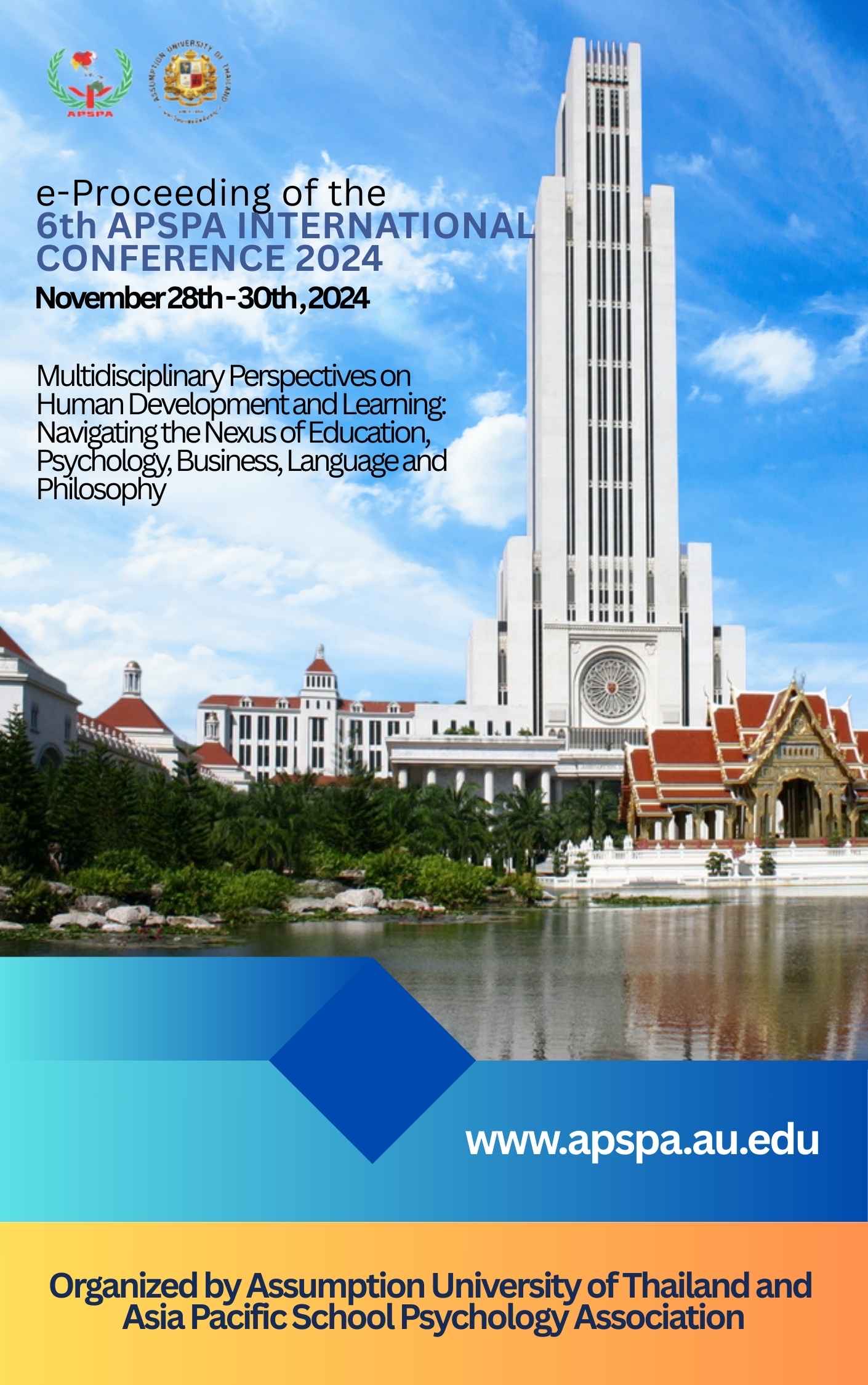The Effect of Loneliness on Short Video Addiction Among Chinese University Students
Abstract
Previous research shows the widespread and excessive use of short video apps among Chinese university students, which impairs their academic performance, relationship quality, and physical and mental health. However, the contributing factors behind short video addiction remain underexplored. Therefore, this study aims to establish a conceptual framework for understanding this addiction, particularly by theoretically examining the effect of loneliness on short video addiction among Chinese university students, with boredom as a mediator and emotion regulation as a moderator. Methodology: A narrative review of related literature sources was conducted to explain the concepts and interplay of loneliness, boredom, emotion regulation, and short video addiction among Chinese university students. Results: The theoretical framework suggests that loneliness positively predicts short video addiction among Chinese university students. Boredom can play a mediator in this dynamic in which users with greater loneliness experience increased boredom, which in turn results in short video addiction. Furthermore, emotion regulation can moderate the relationship between loneliness and boredom among Chinese university students. Conclusion: The findings contribute to the literature on the effect factors of short video addiction, paving the way for further research in this critical area and building a theoretical foundation for future empirical research.
Downloads
Published
License
Copyright (c) 2025 6th APSPA International Conference 2024 on ‘Multidisciplinary Perspectives on Human Development and Learning: Navigating the Nexus of Education, Psychology, Business, Language and Philosophy

This work is licensed under a Creative Commons Attribution-NonCommercial-NoDerivatives 4.0 International License.

